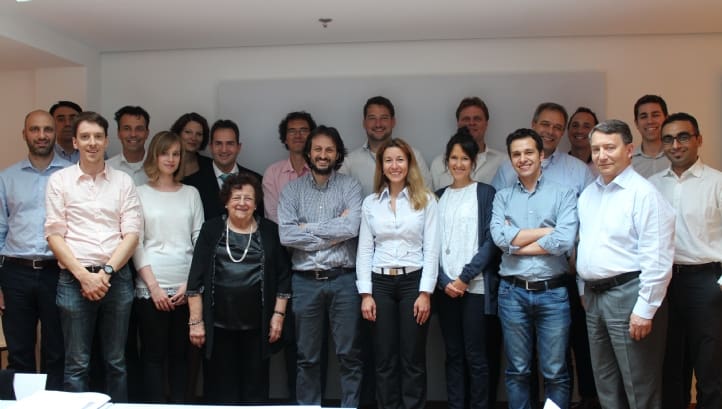A new European Commission-backed series of desalination pilots are about to kick off, as part of Horizon 2020, the European Union’s biggest ever research and innovation programme.
The desalination project, REvivED water, has a budget of €9.8 million ($10.9 million), with the aim of discovering whether electrodialysis (ED) can become the preferred process of seawater desalination globally.
There are 12 pilot projects in total, eight brackish water pilots in developing countries in critical or particularly sensitive areas; two tap water pilots, in Germany and the Netherlands; and two seawater pilots in the Netherlands and Spain.
REvivED water will be co-ordinated by Fujifilm Manufacturing Europe, and the project dissemination partners are AquaTT and European Desalination Society.
A statement from the project team, which met to begin work in Brussels, Belgium, in June, said: “We will be able to reach lower energy consumption in water treatment by the use of ED systems, if we compare to state-of-the-art desalination systems. This will be possible thanks to the inventions derived from electrochemical energy generation from salinity gradients (reverse electrodialysis), which are applicable to ED. Low energy desalination solutions will be crucial in providing sufficient levels of good quality drinking water for a growing global population.”
The other project partners are Abengoa, Deukum, Phaesun, Red Stack, Universita degli Studi de Palermo, Universiteit Gent, and Wetsus.
